Here's How the Parabens In Your Beauty Products Can Affect Your Skin and Hair
Updated Jan. 24 2023, 5:11 p.m. ET
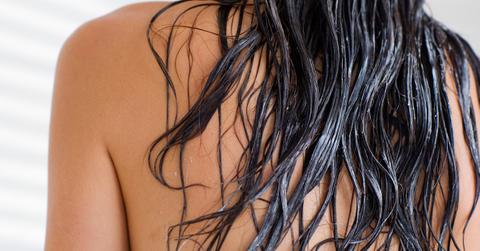
Years ago, consumers didn’t worry about the ingredients in their beauty products — they just blindly accepted them, hoping the FDA had their best interest at heart. Thankfully, a more health- and environmentally-conscious society has emerged, and ultimately led to a more informed consumer — one who actively questions the things they are using on their skin and hair.
As a result, we now know that certain ingredients such as parabens, which are found in a wide range of cosmetic, health, and hair products, are not especially good for us. But how to parabens affect our skin and hair anyway? Keep reading for what you need to know about these potentially dangerous chemicals.
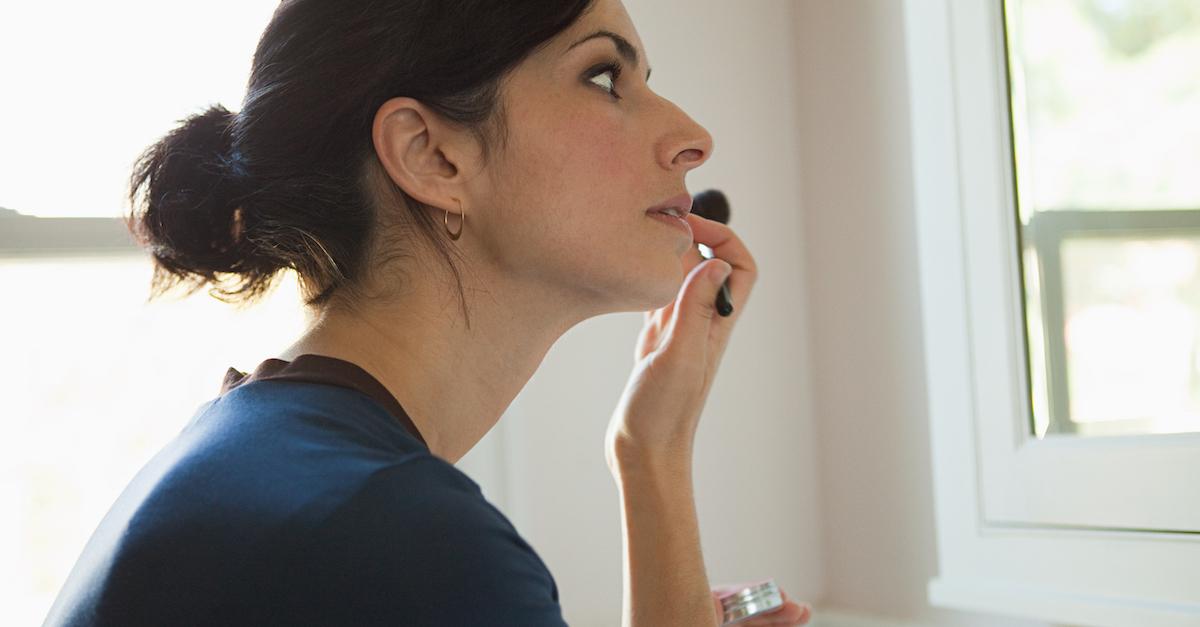
What are parabens?
Parabens are chemical preservatives. According to Elle Magazine, they were first introduced in the 1950s in order to prevent the growth of mold and bacteria in various health and beauty products. Parabens come in a variety of types with different preservative qualities including butylparaben, ethylparaben, methylparaben, propylparaben, and isobutylparaben.
Most parabens are cheap, effective, and do exactly what they were designed to do — they extend the relative shelf life of many cosmetics, hair care products, skincare products, and toothpaste. The problem is, having parabens in products that are designed to be absorbed through your skin isn’t exactly a good thing — not when they have been proven to have some fairly unsettling effects on the human body.
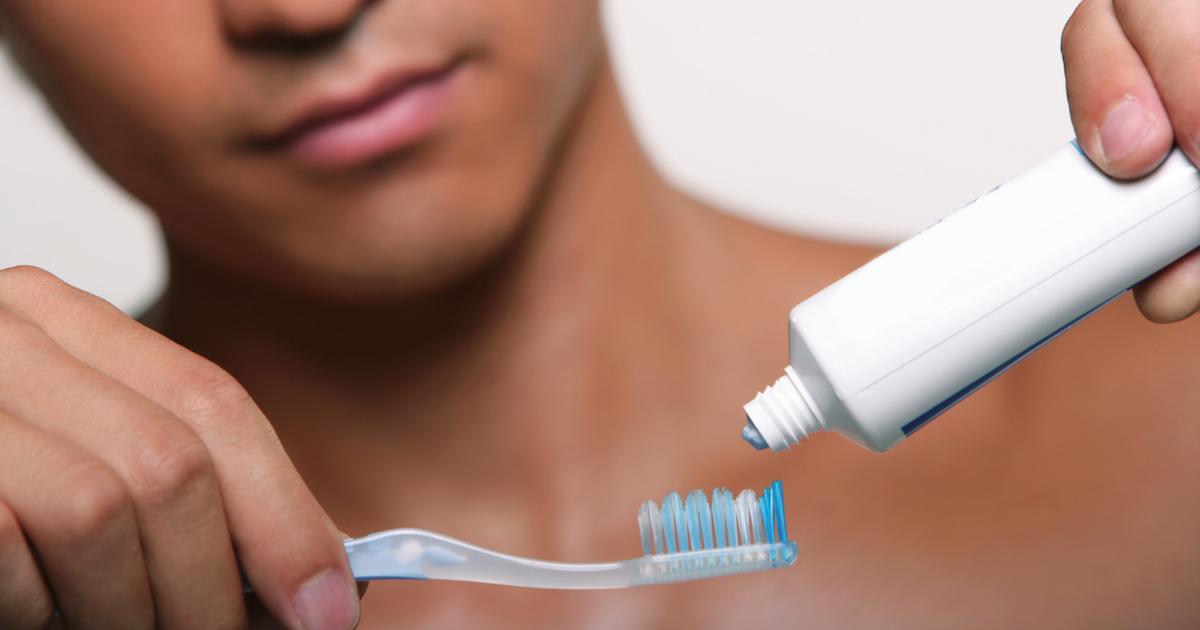
What do parabens do to your hair and skin?
According to hair loss professional Dr. Serkan Aygin and several studies he cites, parabens have been proven to cause damage to the hair and scalp, thereby counteracting the reason you probably bought that skin cream or conditioner in the first place. They can also cause loss of hair color and even hair loss — which aren't ideal when you’re looking for something to add volume or bounce to your 'do.
Researchers in a 2016 study found parabens in the urine and blood of people using them. These results were corroborated by the CDC, and the final conclusion was that parabens were quite easily absorbed through your skin and scalp. Many people are allergic to parabens as well, and contact with the preservatives can exacerbate existing skin conditions and cause allergic reactions.
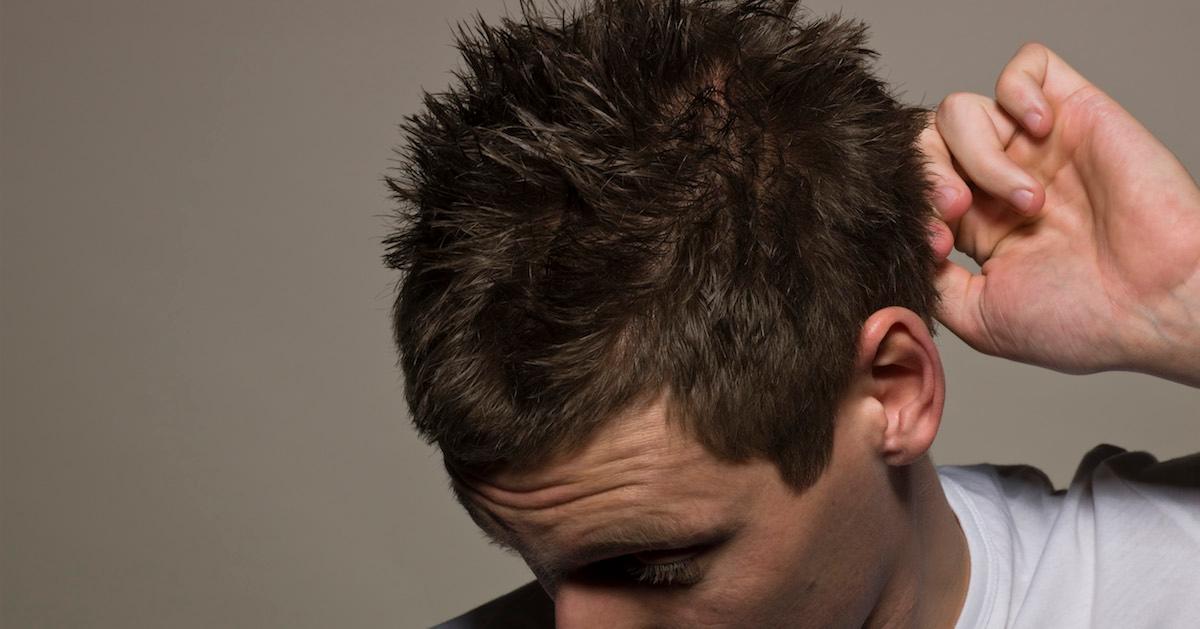
Are parabens bad for you?
Parabens certainly aren’t good for you, that’s for sure. Several studies have shown that parabens have weak estrogen-like properties that can be linked to breast cancer. These initial studies were linked to other research that detected parabens in the breast tissues of patients with breast cancer. The working hypothesis is that the estrogen-likeness of parabens causes breast cells, including cancerous ones, to grow and divide in higher numbers.
Other studies indicate that parabens might be able to elevate cellular level damage caused by UV exposure, one of the leading causes of skin cancer. If parabens are so harmful, though, why are people still using them as preservative agents in so many health, hair, and skincare products? And if parabens are allowed, what other toxic compounds are we rubbing into our skin every day?
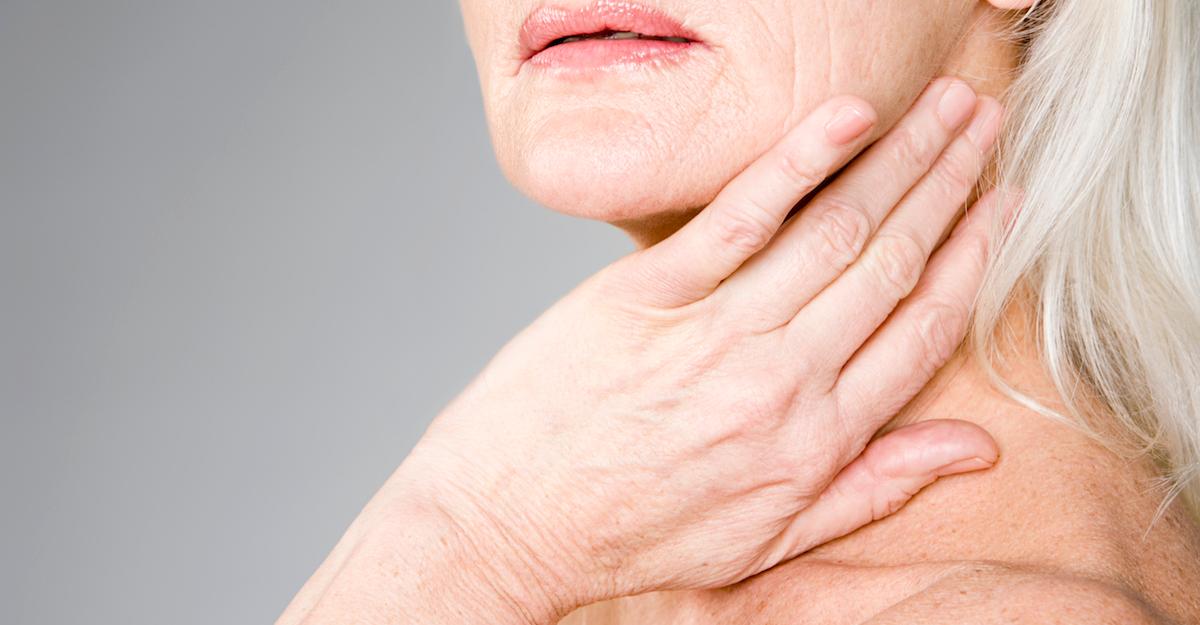
What are some other harmful ingredients?
Unfortunately, parabens aren’t the only harmful chemical ingredient found in skin and hair products. Some of these include sodium laurelx, which, according to Livestrong, has a ton of healthcare issues associated with it. Others include isopropyl or rubbing alcohol, diethanolamine triethanolamine, and formaldehyde. All of these can cause irritation, drying, and in the case of formaldehyde, increase the risk of cancer.
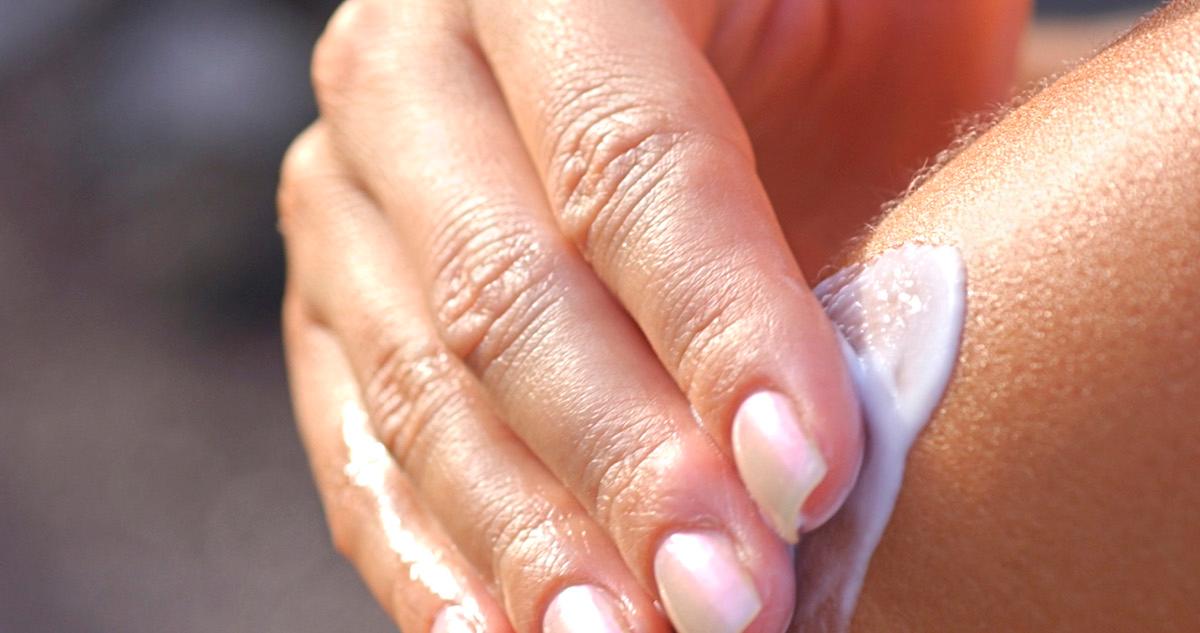
What are some alternatives to parabens?
There are plenty of natural, organic, paraben-free hair and skincare products on the market today. Also, many regulatory bodies have studied the long-term effects of parabens and have opted to change the allotted concentration of parabens in products to bring it down to safer levels. In 2011, Denmark even banned the use of some parabens in cosmetics intended for children up to 3 years of age.
The best way to avoid parabens is to read the label. Look for natural ingredients and don’t be afraid to splurge on preservative-free versions. They might have to be stored in the refrigerator, but that extra effort is worth it, if it means forgoing cancer-causing products. Plus, all-natural products are generally more eco-friendly, anyway.
This article, originally published on Jan. 5, 2021, has been updated.